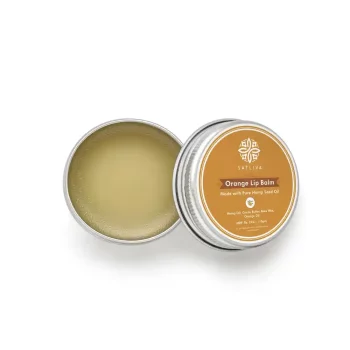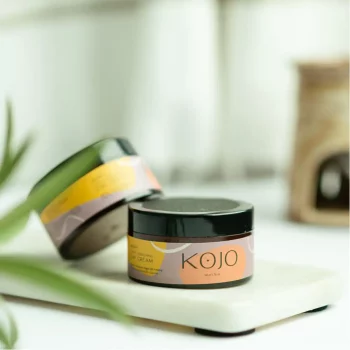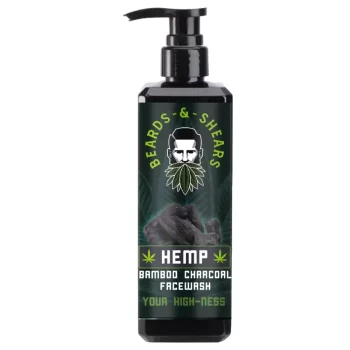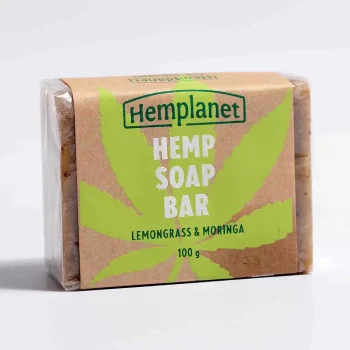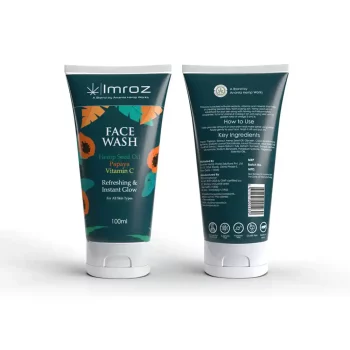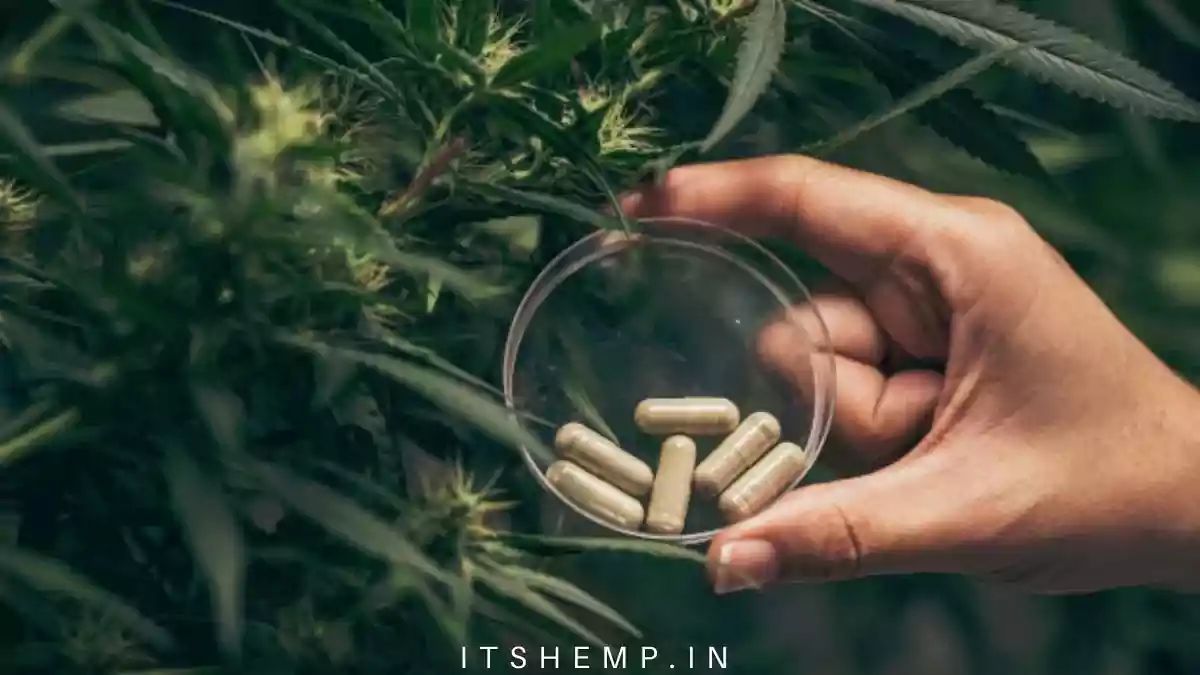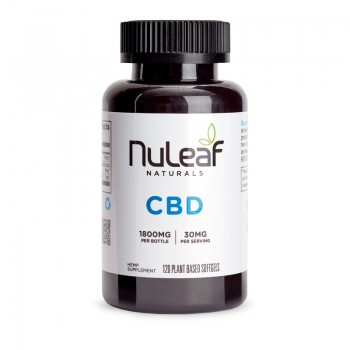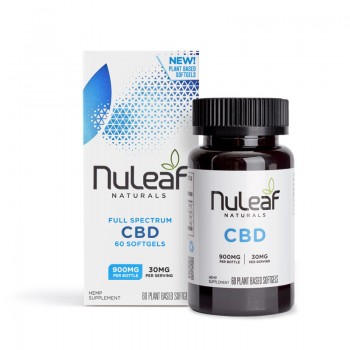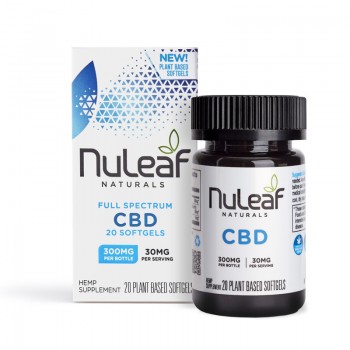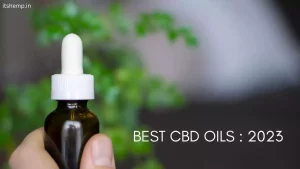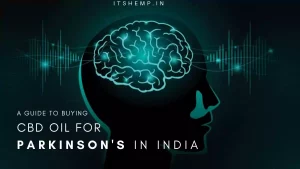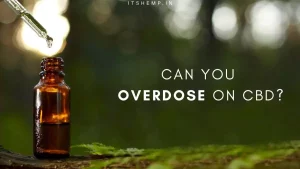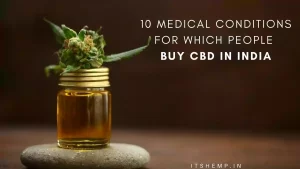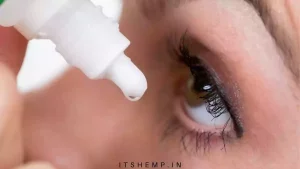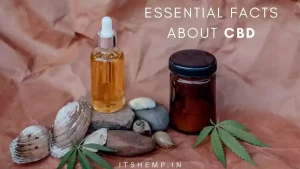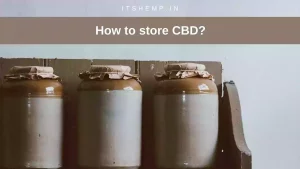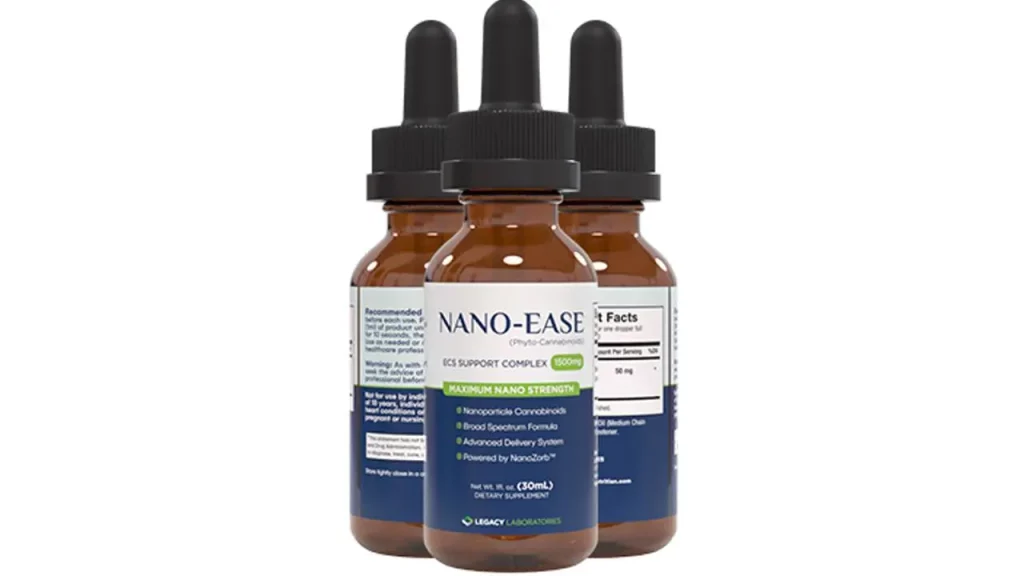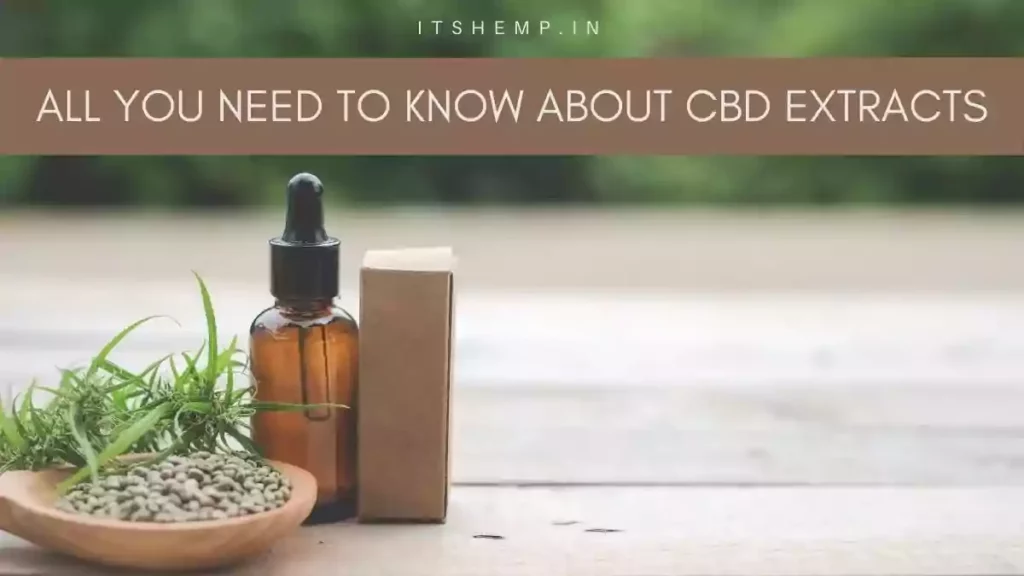Capsules are a convenient and discreet way of consuming CBD. They can easily be added to our everyday routine and are fairly simple to administer. Our mini-guide on CBD capsules helps you understand what CBD capsules are, how to use them, and where to buy them in India.
This Guide to CBD Capsules helps you understand what CBD capsules are, how they’re made, how to administer their dosage, what are their benefits, and where to buy CBD capsules in India.
Outline
What are Capsules?
What are CBD Capsules?
Types of CBD Capsules
CBD Capsules vs CBD Edibles
-Absoprtion
-Dosage
How to make CBD Capsules?
How to Use CBD Capsules?
What Medical Conditions can CBD Capsules help with?
What is the Effect Onset Time?
How to Administer Dosage in CBD Capsules?
Pros & Cons of CBD Capsules
Side Effects of CBD Capsules
What to consider before you buy CBD Capsules?
Buy CBD Capsules in India
What are capsules?
Capsules are a commonly-used form of dosage in pharmacy. These are solid dosage forms in which we enclose the drug in an outer shell. The form of capsules is used particularly for drugs that cannot be compacted into a solid tablet.
The basic idea of a capsule is to enclose the drug or active pharmaceutical ingredient (API) in an outer shell that is odourless, tasteless, easy to swallow, and easy to fill. This outer shell breaks down in the digestive tract leading to the absorption of the drug into the bloodstream.
Capsules are typically used for the oral delivery of an API. Drugs from a capsule release faster than from a tablet because it has not been compressed and can, therefore, dissolve at a faster rate.
What are CBD capsules?
CBD capsules are pills containing CBD oil that allows you to quickly intake the daily servings of CBD. CBD capsules, or pills, offer the most discrete and simplistic way of consuming CBD.
Along with CBD, these capsules contain other botanical ingredients that promote health and well-being.
In India, users are popularly opting to buy CBD capsules because of their ease of use and convenience.
Types of CBD Capsules
Capsules, independently, are a very common and diverse method of consuming a drug. The diversity in the form and formulations of capsules also applies to CBD capsules to some extent.
The two main types of CBD capsules that you can buy in India are:
- Hard-shelled capsules: Hard capsules consist of a rigid shell in two pieces that fit together and then filled with the drug (in this case CBD) in powder or pellet form.
- Soft-gel capsules: Soft capsules have a single-piece shell and are more suitable for drugs that need to be dissolved in oils or other liquids for absorption in the stomach.
Features of CBD capsules
Irrespective of the type, CBD capsules have some additional features that a consumer should take into account. These include:
- Gelatin content: The outer shell is capsules is typically made of gelatin. Gelatin comes from cow or pig materials. Therefore, consumers who don’t consume animal products should look for gelatin-free capsules. Gelatin-free capsules use plant cellulose instead of gelatin and are thus safe for vegans and vegetarians.
- Water-solubility: Most CBD capsules contain oil-based CBD which, in comparison to water-based formulations, take more time to break down in the body.
CBD Edibles vs CBD Capsules
Edibles and Capsules are the two most common forms of consuming CBD orally. While both encourage the oral consumption of CBD, there is a significant difference in their usage and effects.
CBD Edibles
CBD edibles are any food-like items that contain CBD. The term edibles then covers the entire range of products that can be consumed like food products. CBD edibles taste like food, can be eaten as snacks, and contain calories.
CBD edibles aren’t just limited to premade goods. You can convert any food item such as bread, brownies, chocolates, smoothies, etc., into a CBD edible by carefully preparing them at home.
Featured Read: A Guide to Buying CBD Edibles in India
CBD Capsules
CBD capsules are non-food capsules that contain CBD. We can understand these in comparison to any other medicinal capsules such as fish oil or liquid-gel caps that we consume at different types of the day. These look exactly like any other capsules and may appear to be a daily vitamin supplement to the unfamiliar eye.
Unlike edibles, these are restricted to one form of dosage and need to be consumed in that particular way.
Absorption
Between the two, our body absorbs capsules at a slightly faster rate than edibles because the gel cap dissolves efficiently in the stomach. Edibles have additional ingredients that also need to be absorbed by the body before CBD can show an effect. However, the individual absorption of both varies according to a body’s metabolism and other food already present in your body.
Dosage
Capsules provide an absolutely consistent dosage with equal amounts of CBD present in each serving. With edibles, the dosage varies from one bite to another.
CBD Capsules vs CBD Oil
While capsules contain some amount of CBD oil in them, the oil in itself is a different way of consuming CBD. Both CBD oil and capsules offer a distinct experience with respective pros and cons.
Consumption
There are 3 ways to use CBD oil—sublingually/orally, through addition to food, or topically. CBD Capsules, however, are directly consumed with a glass of water. CBD capsules contain CBD oil as the main ingredient.
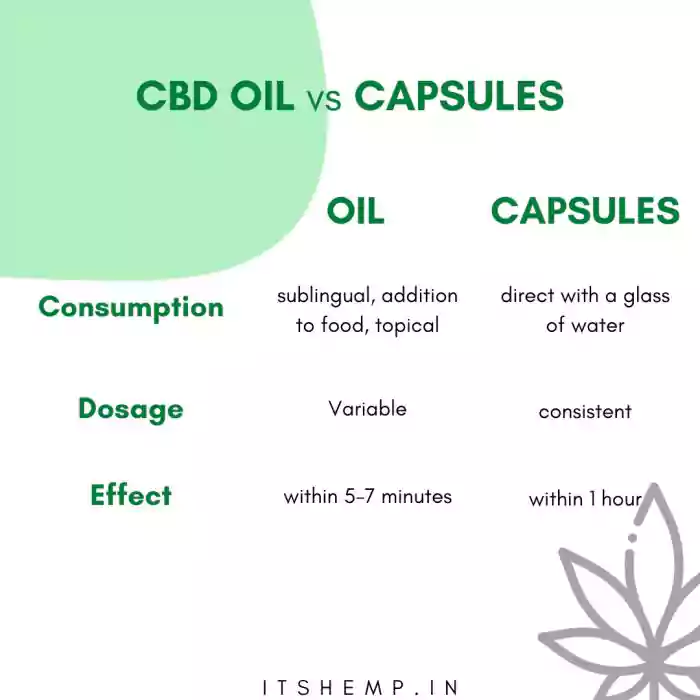
In one case, CBD oil is the product you’re using whereas, in the other, it is an ingredient.
Dosage
CBD oil usually comes with a built-in dropper with markings in mL for dosage control. When using CBD oil sublingually or topically, you can control (i.e. increase or decrease) the amount of each dosage. Your first dose can be different from your second or third dosage.
For example, if you have a 30mL bottle of 3000mg CBD, then each mL will have 100mg of CBD. If you want to take 50mg of CBD, you need to fill the dropper up to the 0.5mL mark. In case you want to decrease this dosage to 25mg, you can fill the dropper up to the 0.25mL mark.
In CBD capsules, the amount of CBD you will be consuming is pre-set. A pack of CBD capsules will contain the same amount of CBD in every piece.
For example, if you have a pack of 60capsules with 1500mg CBD, then each capsule will have 25mg of CBD. Each piece of capsule in this packet will invariably contain 25mg CBD. While you may be able to double the dosage to 50mg (by consuming 2 25mg capsules), you will not be able to control the dosage as in the case of CBD oil.
Effect
When taken sublingually, CBD oil reaches the bloodstream in 5-10 minutes and shows effect within 10 minutes of consumption. When applied topically, CBD oil takes 5-10 minutes to show effect.
CBD capsules are consumed like food and have to pass through the digestive system before entering the bloodstream. This process can take up to an hour. Therefore, capsules show effects within 45-60 minutes of consumption. However, over a sustained time period, the effect of capsules is more consistent than that of oil.
How to make CBD Capsules?
Some CBD capsules come in a powdered form within the shell while sometimes the CBD is mixed with a carrier oil such as coconut, hempseed, or olive oil. Capsules are commonly used for full or broad-spectrum extracts that cannot be compressed to form a pill.
The manufacturers in India typically use the following processes to make CBD capsules:
- Decarboxylation: The process of decarboxylation includes heating the source plant at a specific temperature to activate the cannabinoids. In this process, it is important to maintain a specific temperature throughout otherwise we risk heating off the cannabinoids.
- Infusion: The process of infusion includes dispensing our carrier oil in a glass bowl 1-2 inches above boiling water. Once the carrier oil melts, we add the decarboxylated cannabis and mix until a homogenous mixture is formed. This mixture is then placed into the oven to be cooked for 30-45 minutes. It may also be cooked longer. However, that may increase its sedative properties. Another process of infusion includes mixing the carrier oil and decarboxylated cannabis to a slow cooker and maintaining a low heat.
- Filling Caps: As the oil prepares, the gelatin caps are prepared. Once the oil is refined using a cheesecloth, we fill it in the capsules using a syringe. The capsules are then closed firmly and stored in a cool, dark place until ready to be used.
How to Use CBD Capsules?
CBD Capsules are consumed directly with a glass of water, much like any other medicine or tablet. They can be taken either in the morning or at night.
What medical conditions can CBD Capsules help with?
While the CBD molecule and its therapeutic properties remain fundamentally the same, some medical conditions are better managed with capsules than edibles or oil drops. In this section, we will take a look at medical conditions for which users in India prefer to buy CBD capsules.
- Anxiety: CBD capsules promote a sense of calm in the body and thus help relieve stress and manage anxiety.
- Arthritis Swelling & Pain: CBD capsules can easily be added to your daily medication routine. Their faster absorption rate (as compared to edibles) ensures you get the relief you’re looking for timely.
- Obesity: CBD edibles contain high amounts of sugar and artificial preservatives and fats. In the case of conditions such as obesity, capsules are a better option.
- Epilepsy: Epilepsy is a serious medical condition. Capsules are more precisely dosed than edibles. CBD capsules, therefore, provide a strict, high-dosage regimen for managing epilepsy with a better dosing control.
- Diabetes: Similar to obesity, diabetic patients needs to avoid sugar and unhealthy fats. Since capsules do not contain any additional sugars, they are a better option for diabetic patients than edibles.
- Depression: CBD capsules produce an anti-depressant effect by interacting with the serotonin receptors in the brain promoting feelings of happiness.
- Insomnia: CBD capsules induce a sense of calm in the body and thus help people with sleep problems such as insomnia. Regular usage of CBD capsules promotes peaceful sleep.
- Skin Conditions: The anti-inflammatory effects of CBD helps reduce the outbreak of acne, rashes, and irritation on the skin thus improving skin health. This list is just a suggestion and should not be viewed as medical advice. The use of CBD in different forms is ultimately the choice of the consumer.
What is the Effect Onset Time?
CBD capsules first enter the digestive system where they break down before being absorbed into the bloodstream. While the typical time for the effects to kick in is 1-2 hours, they usually last for 4-6 hours.
However, this time can vary depending on your personal metabolism, weight, and the medical condition you’re challenging. Generally, you should except 1 or 2 hours to pass easily before you feel the effect of the capsule. Depending on what you’re using the CBD for, you may not immediately recognise a change at all.
Some other factors that affect the absorption rate of CBD are:
- Body Weight: The amount of fat present in a body influences the amount of CBD one needs to have considerable effects. This is because the body weight affects the metabolism of and circulation in the body. Ideally, people with more body weight should absorb more CBD. Body weight also affects the amount of time for which CBD stays in your body. CBD is stored in the fat cells and is gradually eliminated through the urine or feces. Therefore, theoretically, people with more fat should experience the effects of CBD for a longer period of time.
- Dosage & Potency: A high dosage of CBD increases the amount that gets absorbed into the body. The same principle governs the effect of the concentration, potency, and/or purity of a CBD product. The higher the amount of CBD, the more its bioavailability.
- Quality: The list of additional ingredients in a CBD capsule can affect the bioavailability of CBD along with the way it is processed and metabolised in the body. Capsules are relatively safer in this case, mainly in comparison to edibles, since they do not contain any additional ingredient except for a carrier oil.
- Frequency of Use: It is also important to give CBD time to build in your system. This means you need to be sincere and consistent with your CBD dosage to experience long-term effects.
How to Administer Dosage in CBD Capsules?
Capsules have a pretty straightforward and discrete dosage. They are designed to function exactly like other vitamins and oil supplements. They provide an absolute consistent dosing and can easily be added to your current wellness regime.
Each CBD capsule in a pack provides exactly the same dose of CBD. The label on a CBD capsule bottle tells us how much CBD is in each capsule. With capsules, you gradually learn how many to take until you achieve the results you’re aiming for.
If a bottle of CBD Capsules has 750mg of CBD with 30 capsules, then each capsule contains 25mg of CBD. This helps you determine how many capsules you need to take according to your dosage. For instance, if you’re dosage is 50mg of CBD twice a day then you need to take 2 capsules from this bottle in the morning and 2 in the night.
Pros and Cons of CBD Capsules
While capsules offer a very discrete option of consuming CBD, they do have some downsides in comparison to other forms of CBD.
Pros
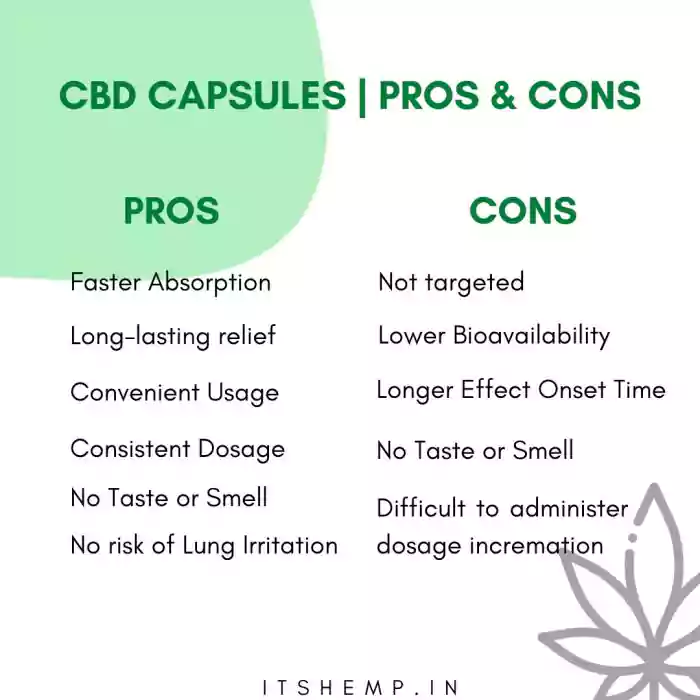
- Faster Absorption: Capsules absorb faster in the body than edibles because the gel cap dissolves efficiently in the stomach and there are no other ingredients to digest.
- Consistent Dosage: Each capsule has a pre-set amount of CBD and that remains consistent in every serving. This helps monitor a standardised dosage which gives the body ample time to adjust to CBD.
- Convenient: You swallow them down with water and that’s about it. There’s no hassle of measuring it in every serving. Moreover, you can carry around a bottle of CBD capsules easily and discreetly manage your dosage
- Slower Metabolism: CBD capsules release their content only after they reach the stomach. Then they mix with the other contents present before being absorbed. That is to say, capsules stay in your system for a longer period of time and therefore, their effects can last longer than CBD taken sublingually.
- No Taste, No Smell: With all its miraculous benefits, CBD can have a strong odour. With capsules, CBD is encapsulated into an odourless and tasteless shell which eliminates this strong aroma makes the consumption of CBD easier.
Cons
- Harder to Adjust Dosage Incremation: While capsules offer a consistent dosage, they’re not very useful in cases of incremental dosage. Capsules are a safe place to start experiencing CBD but if your focus is towards gradually increasing your dosage, edibles or tinctures may be a better option.
- Not Targeted: CBD capsules support a wholesome well-being. They are untargeted and spread the CBD throughout your body. So if you’re looking for targeted relief, CBD balms, creams, or lotions are a better option.
- Lower Bioavailability: Bioavailability indicates the percentage of CBD that is absorbed into the bloodstream. The bioavailability differs according to the method of consumption. Capsules have a bioavailability of about 4-20% whereas tinctures have a figure somewhere between 35-56%.
- Longer Effect Onset Time: CBD capsules enter the bloodstream through the digestive tract. That is to say, they first reach the stomach, mix with the contents already present there and are then absorbed into the body. This process roughly takes about 45 minutes to an hour. Tinctures on the other hand, reach the bloodstream directly showing visible effects within 20-30 minutes.
- No Taste, No Smell: The absence of taste and smell in a capsule can be downside for some consumers as it robs you of the sensory experience of CBD. CBD oil and tinctures engage your senses thereby making it a tad bit easier to remember your last dosage. Capsules in this case, do not work very well for people who prefer taste.
Side Effects of CBD Capsules
CBD is generally a safe and well-tolerated chemical compound for people of all ages to consume. Theoretically, one cannot overdose on CBD and so there’s not much to worry about. It is,, however, possible for a body to experience some common side effects as a reaction to exposure to CBD. These include:
- Drowsiness: While CBD does not induce intoxicating effects in the body, feeling a bit drowsy can be a common side-effect. This drowsiness may increase if you take CBD in combination with other sedating medicines.
- GI Infections: CBD affects your gut. Experiencing diarrhoea and liver problems is a very common side-effect of CBD. However, it is not something you should worry about a lot.
- Dry Mouth: This side-effect occurs more likely with THC but in some cases, CBD independently may also cause your mouth and eyes to feel dry. Staying hydrated is the best way to deal with this side-effect.
- Nausea: Depending on your body’s sensitivity to CBD and the amount of CBD you consume, you may experience nausea. But that subsides once your body gets used to CBD so it’s not a serious side-effect either.
- Interaction with Other Medication: CBD can potentially interact with other medication. Although the interaction of CBD with commonly-used drugs is continuously under research, we do know of some medications it can possibly interfere with. We advise that you consult your doctor about how CBD can interact with your existing prescription. Or you can read about some of its possible interactions here.
What to look for in a CBD Capsule?
While choosing a CBD capsule, some basic aspects to be considered include:
- Potency or Strength: Understanding the strength of a CBD capsule is important to using them safely. While most capsules offer between 10 and 30 mg of CBD, it is possible to find formulae that contains up to 100mg each. However, high-strength CBD capsules are advisable only if you have prior experience to using CBD.
While analysing a product label for strength or potency, note if it mentions the amount of CBD per capsule or per bottle. For instance, if you have a bottle of 750mg with 30 capsules then each capsule has 750/30 = 25mg of CBD.
This information helps you monitor your daily dosage. This is important because there are no strict guidelines for the dosage. It is best to always start with low-potency capsules gradually moving on to a higher strength. Typically, an ideal dosage would be between 10 and 40mg of CBD per day depending on the body weight and the severity of the condition. - Type of CBD: Just like other CBD products, capsules can contain full-spectrum, broad-spectrum, and isolate compounds of CBD. Full-spectrum capsules will contain THC (the high-causing component) while the other two will not. If the full-spectrum extract has been sourced from hemp, the total amount of THC would be close to negligible and will not cause any intoxicating effects. But if you still prefer to not ingest THC at all, broad-spectrum or isolate capsules will be a better option.
- Extraction Method: CO2 and solvent-based extraction are the two common extraction processes for CBD. The first one uses carbon dioxide to remove CBD. This process is fairly clean, precise, and simple and yields a purer CBD extract. In the second process, the plant soaks in a bit of the additional solvent (typically ethanol). While minor amounts of ethanol are not toxic, they may be a concern for some people.
- Formula: In addition to CBD, considering the formula of the capsule itself is also equally important. Typically, capsules are made from gelatin. Gelatin is a cow-derived compound. For people with dietary restrictions, opting for vegetarian or vegan alternatives to gelatin capsules is preferrable.
- Lab-tested: Ideally, all CBD capsules undergo a thorough lab-testing before hitting the market. But manufacturers that opt for and showcase independent third-party lab tests on their products should be preferred.
- Levels of THC: Depending on the type of extract, the amount of THC in the capsule can vary. This is important because the term full-spectrum can mean two different things. If the full-spectrum extract comes from the hemp plant, then the total amount of THC would be less than 0.03% and not a cause of worry. However, if the source plant is not hemp but marijuana or a higher cannabis plant, then the profile of the extract changes and the amount of THC will vary accordingly. Because THC causes intoxicating effects, it is important for you to know just how much THC you are consuming with each capsule. You should be able to find this information easily on a product label.
- Ingredients: Typically, capsules do not contain anything in addition to the CBD compound. But you should still check the list of ingredients in case of dietary restrictions or allergies.
Buy CBD Capsules in India


